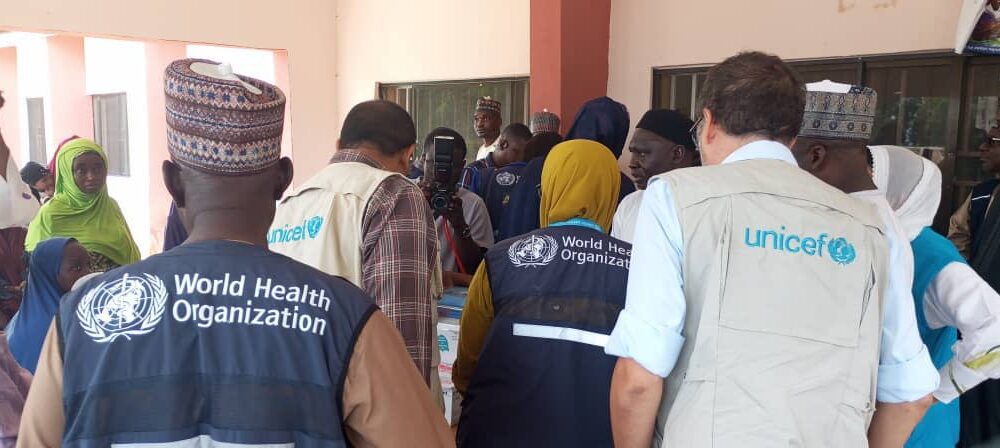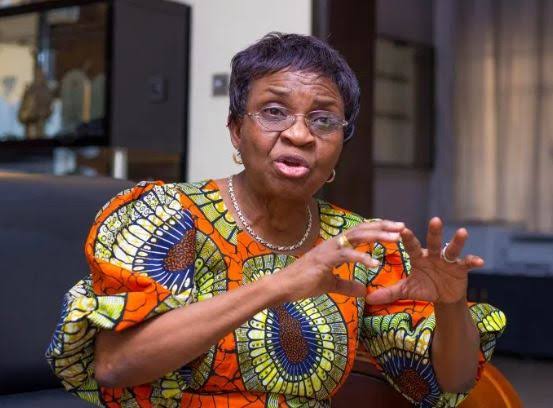The Nigerian Governors Forum (NGF), in collaboration with the United Nations Children’s Fund (UNICEF) and the World Health Organization (WHO), has embraced Jigawa State’s healthcare delivery policy as a model for implementing the Sector-Wide Approach (SWAp) programme.
The initiative is targeted at improving healthcare services across Nigeria, starting from the sub-national level.
The decision came after an assessment visit to various healthcare facilities in rural Jigawa.
The delegation, led by UNICEF’s Chief of Health in Abuja, Eduardo Celades Blanco, included representatives from the NGF, the Federal Ministry of Health, and WHO.
The visit was to explore how Jigawa’s healthcare system could serve as a framework for SWAp’s implementation nationwide.
Permanent Secretary of the Jigawa State Ministry of Health, Dr. Kabiru Ibrahim, indicated that the SWAp programme is seeking to consolidate resources to tackle healthcare challenges efficiently.
He noted that SWAp is designed to pool resources from donors and governments into a common basket, ensuring equitable resource allocation based on health burdens across states.
According to him, Jigawa State’s success in healthcare, including high immunization rates, antenatal care, and improved access to healthcare facilities, made it an ideal model for the project.
The SWAp team highlighted Jigawa’s effective coordination and resource management as key factors that other states could emulate.

The SWAp initiative is aimed at streamlining healthcare funding to minimise disparities by focusing on resource allocation according to need. Jigawa’s success in this area will be used as a blueprint for implementing the SWAp programme across Nigeria.



